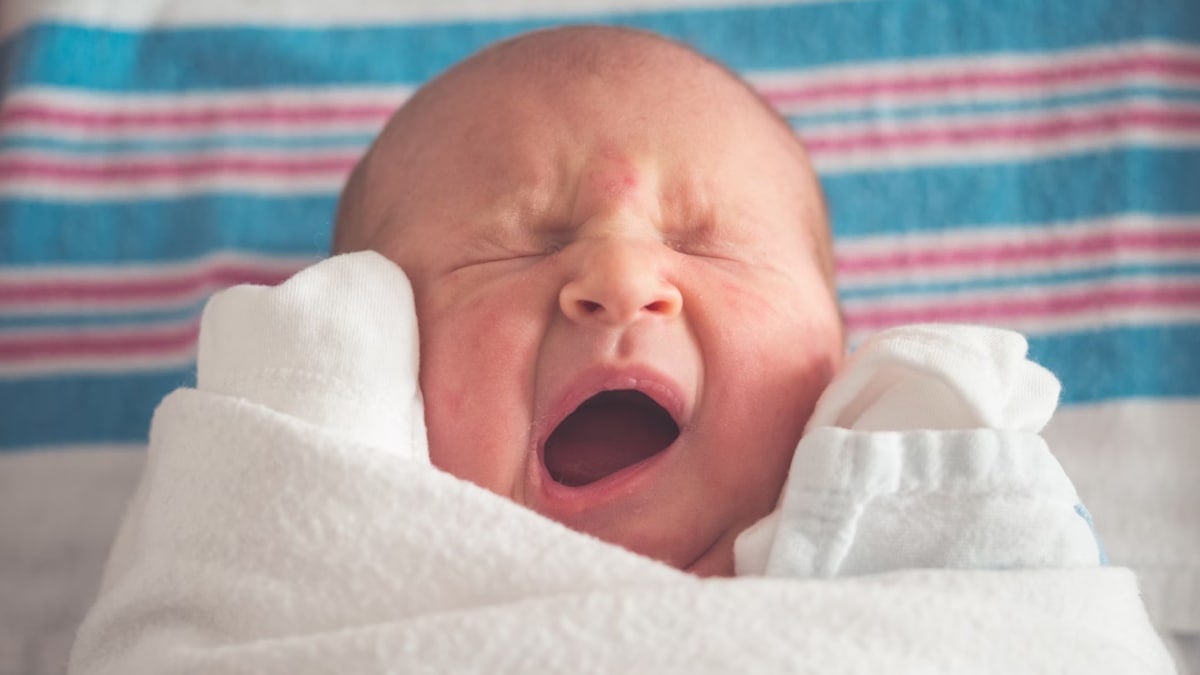A study from the University of North Carolina reveals a potential link between early-life sleep disruptions and autism risk. The research shows that when young children miss out on sleep, it could affect their brain development, which might increase the likelihood of neurodevelopmental issues. For infants and young children, sleep is critical. It's during sleep that the brain forms key connections, called synapses, which help with memory, attention, and learning. Disrupting these connections at such a formative stage can lead to lasting impacts on cognitive functions.
In studies on young mice, researchers found that early sleep loss led to lasting behavioural changes, pointing to sleep's crucial role in brain development. Sleep Deprivation and AutismMany people with autism spectrum disorder (ASD) report sleep challenges, with over 80% experiencing regular disruptions. Sean Gay, a graduate researcher at UNC, led the new study under Dr. Graham Diering, focusing on whether sleep deprivation could increase ASD risk. Their findings say that young mice with a genetic risk for autism exhibited social deficits when they missed sleep, underscoring sleep's importance in early development.
Sleep Recovery Differences in Adults vs. Young
Another key discovery was how young and adult mice respond to sleep loss. While adult mice often sleep more to make up for missed sleep, younger mice showed no such recovery. Researchers believe this makes younger brains more sensitive to sleep disruptions. Molecular analysis also showed that lack of sleep in young mice affected synapse formation, essential for memory and learning.
Future Paths: Sleep-Based Autism Treatments
Based on these findings, the UNC team is exploring sleep-based treatments for children with autism. Instead of traditional sedatives, they're developing medications aimed at enhancing natural sleep patterns by targeting synapses. This approach could lead to new ways to support early brain development and manage symptoms of autism through healthy sleep habits.
































